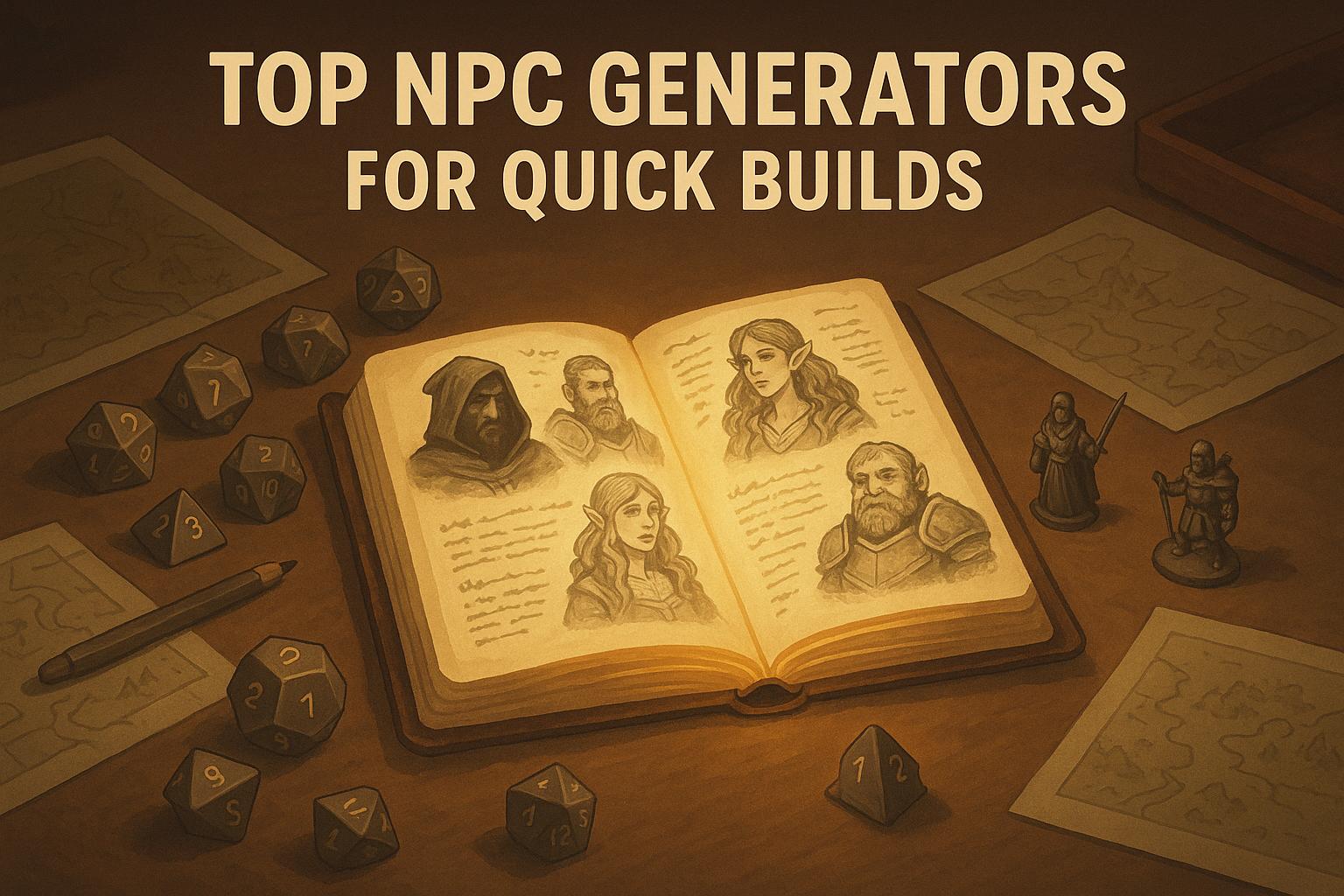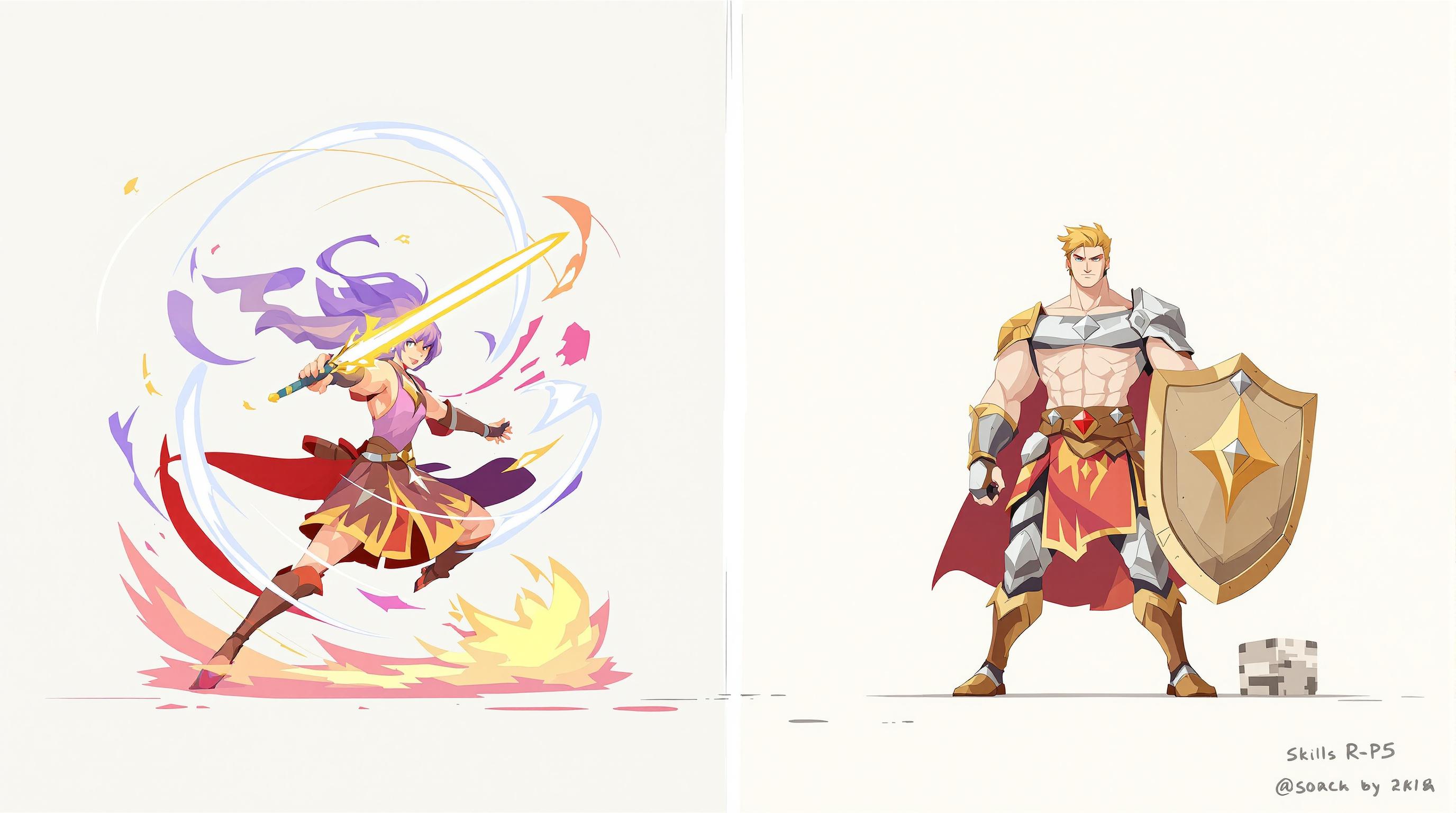Plan Your Perfect Tabletop RPG Session with Ease
Organizing a tabletop roleplaying game is a labor of love, but figuring out the right number of players can be a real puzzle. Whether you're a seasoned game master or just starting out, having the ideal team size can transform your sessions from chaotic to captivating. A well-balanced group ensures everyone gets their moment to shine, whether you're diving into epic battles or unraveling intricate narratives.
Why Group Size Matters for Your Game
Every TTRPG campaign has its own rhythm. A sprawling fantasy adventure might call for a slightly larger crew to fill out party roles, while a horror mystery could pack more punch with fewer voices at the table. Striking that balance is key to keeping the energy up and the story flowing. Tools like a TTRPG group size planner can guide you toward a number that matches your vision, factoring in session length, playstyle, and even your comfort as a GM. Beyond just numbers, it’s about crafting an experience where every player feels involved.
Tips for a Memorable Session
Once you’ve got your crew, tweak the gameplay to suit them. Smaller tables might dive deeper into character backstories, while bigger ones can split into mini-teams for complex challenges. With a little planning, your next game night will be one for the books.
FAQs
Why does group size matter so much in tabletop RPGs?
Group size can make or break a session. Smaller groups, like 3-4 players, often allow for deeper storytelling and more individual spotlight time, which is great for roleplay-heavy games. Larger groups of 5-6 can bring dynamic energy, especially for combat-focused campaigns, but they’re tougher to manage. If one player dominates or another feels left out, the whole vibe suffers. This tool helps you strike a balance based on your unique setup, so everyone at the table gets a chance to contribute.
Can I adjust the recommended group size if I disagree?
Absolutely! The recommendation is just a starting point based on common GM experiences and player dynamics. If you’ve got a knack for wrangling bigger crews or prefer an intimate game regardless of the numbers, go with your gut. The tips we provide alongside the suggestion can also help you tweak gameplay—like splitting tasks in larger groups or encouraging quieter players in smaller ones—to make any size work for you.
Does the game system really affect ideal group size?
It does, more than you might think. Systems like D&D often thrive with 4-5 players because of balanced combat mechanics and party roles. Something like Call of Cthulhu, with its focus on mystery and tension, might feel more intense with just 2-3 players. Our planner considers these nuances alongside your playstyle to suggest a number that fits the tone and mechanics of your chosen game.


